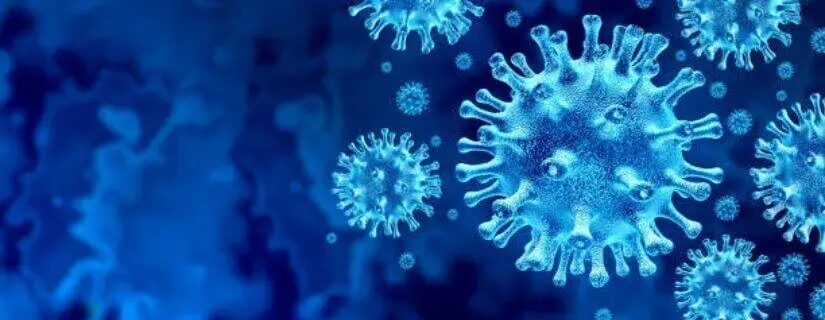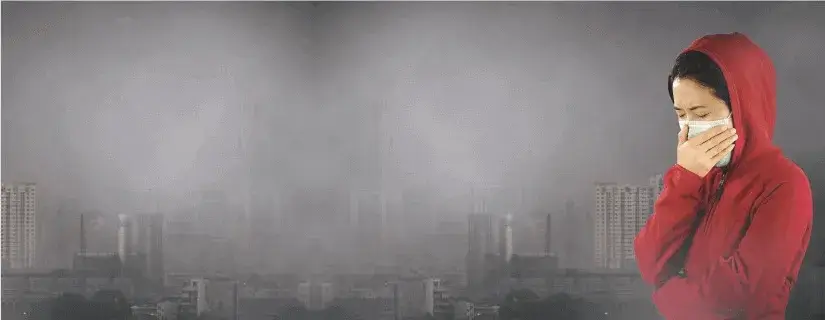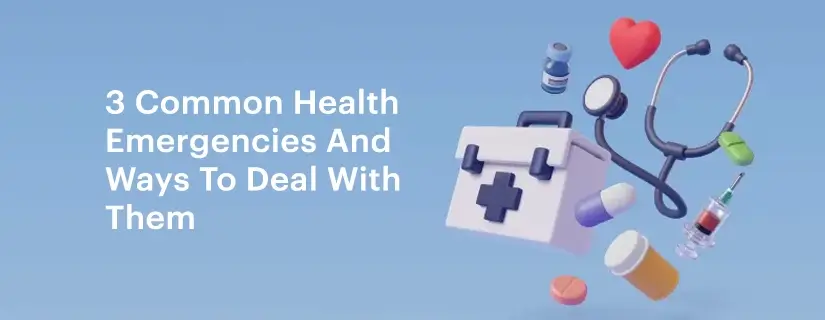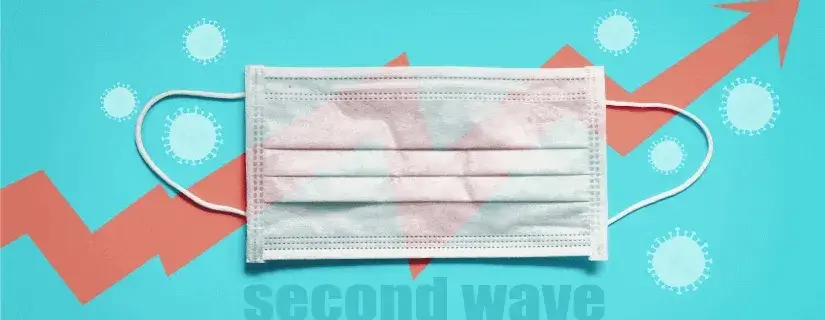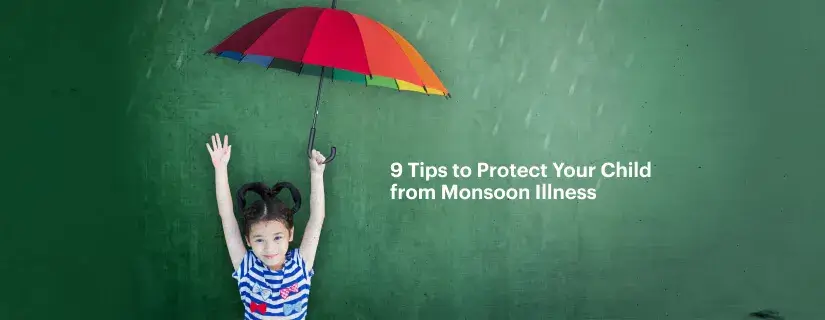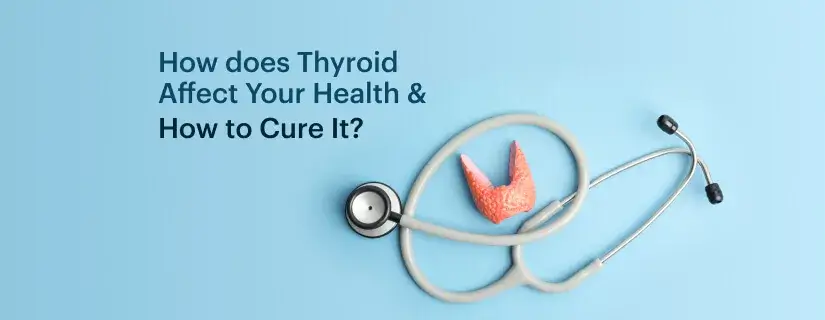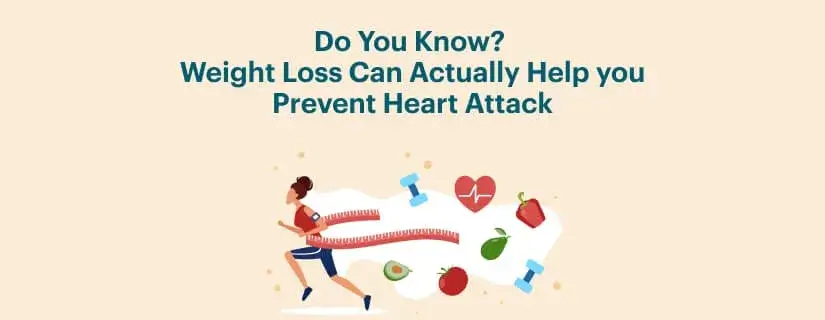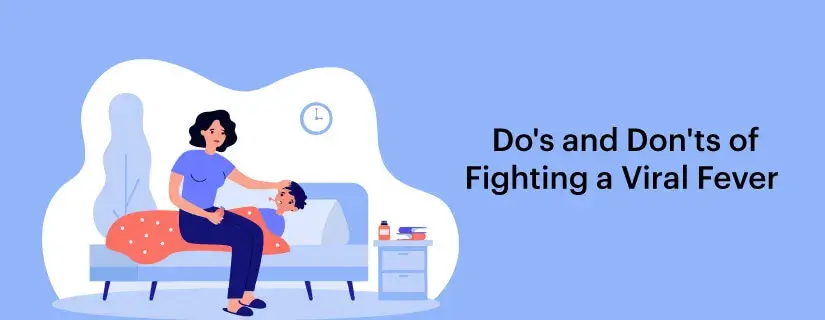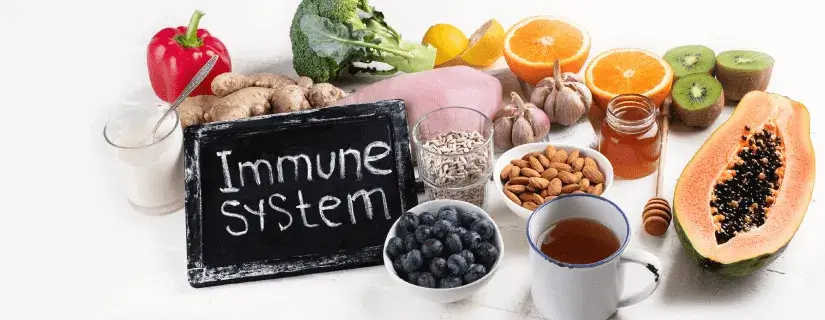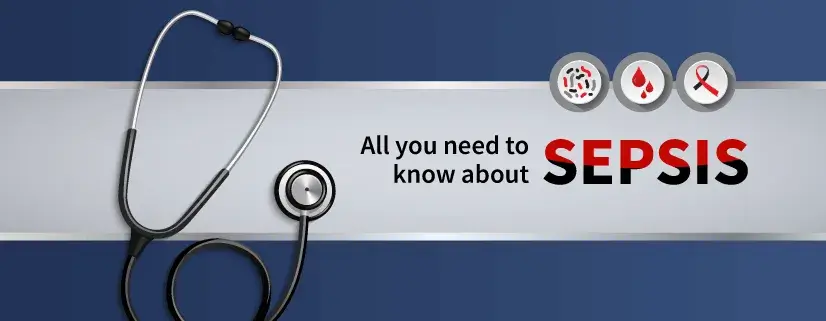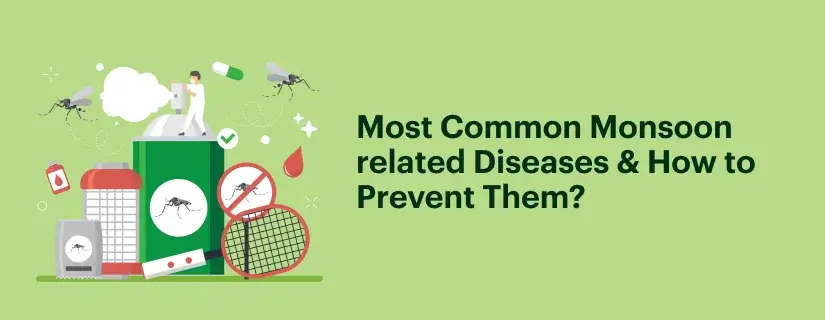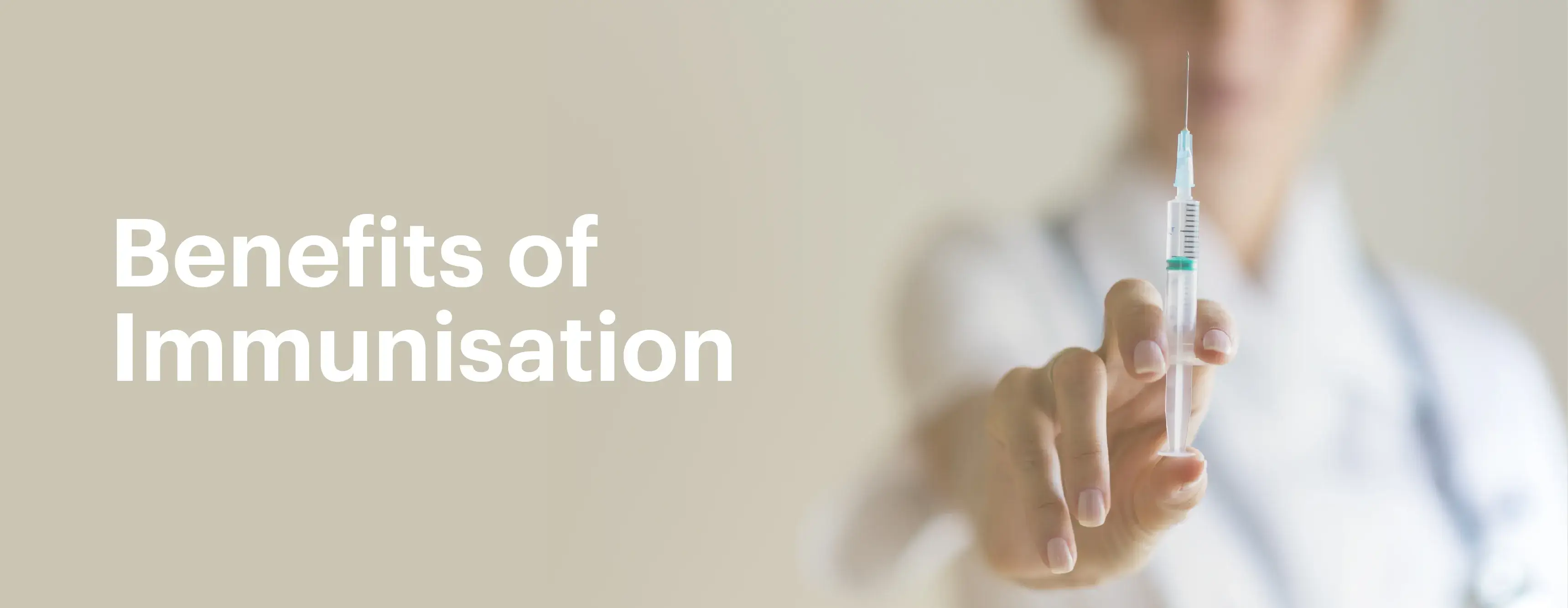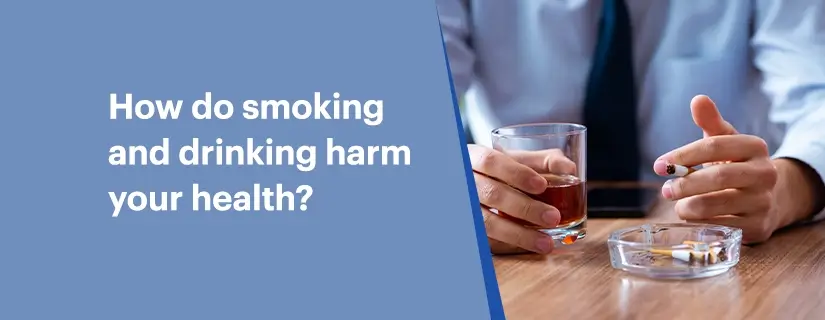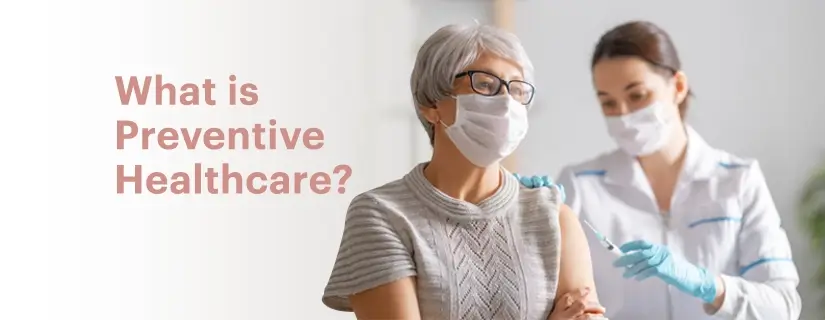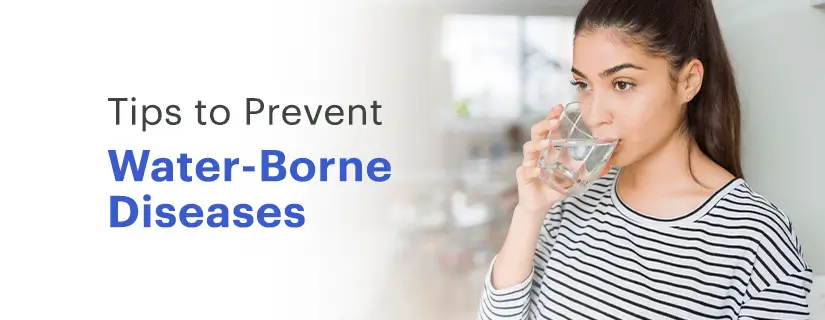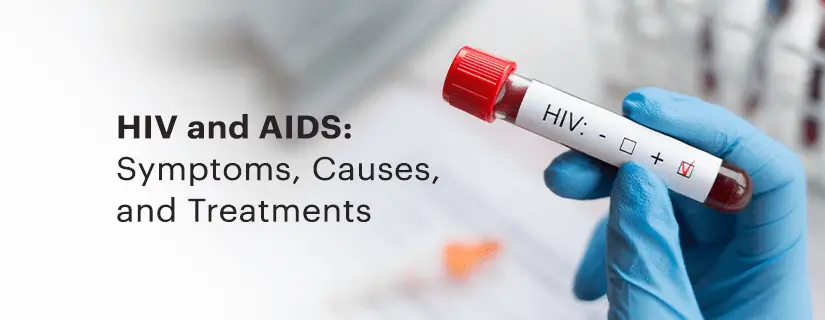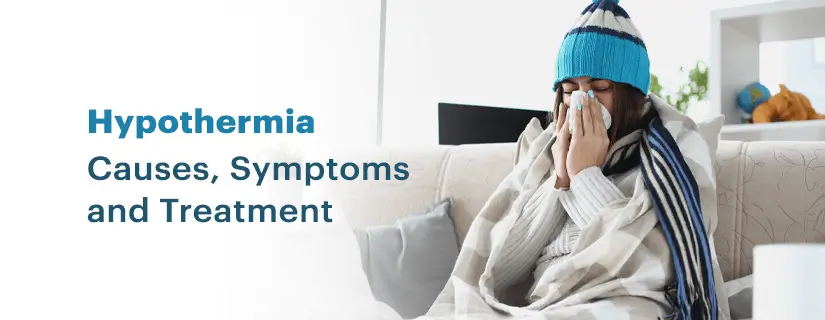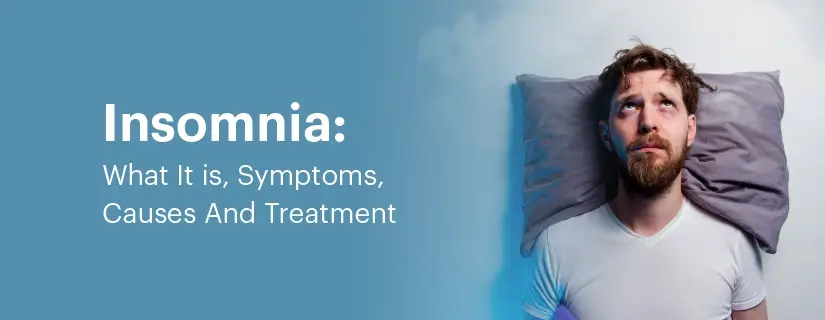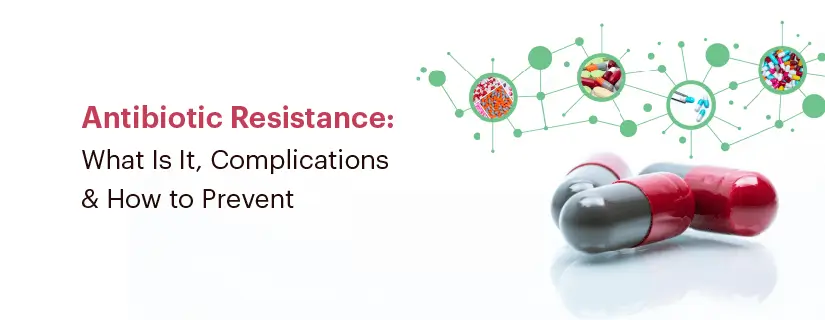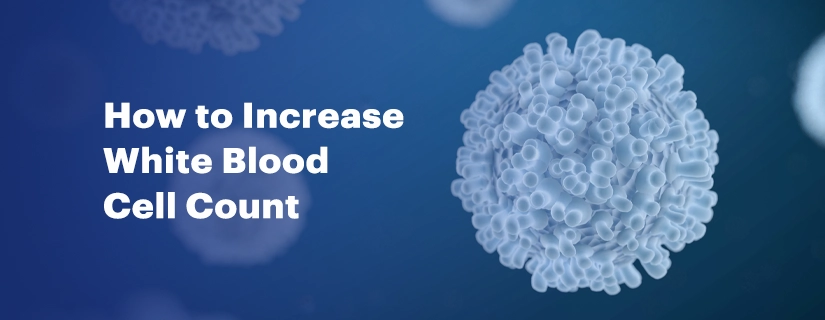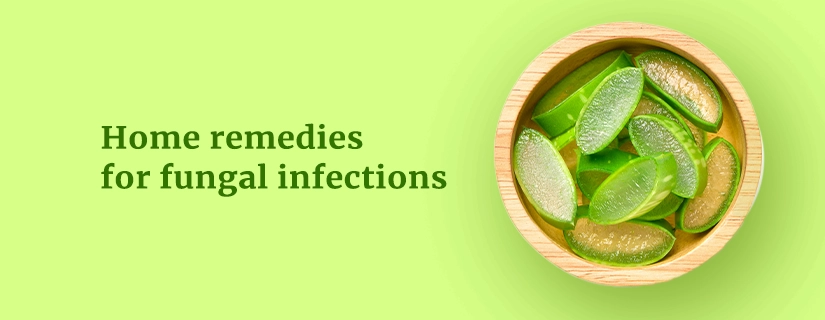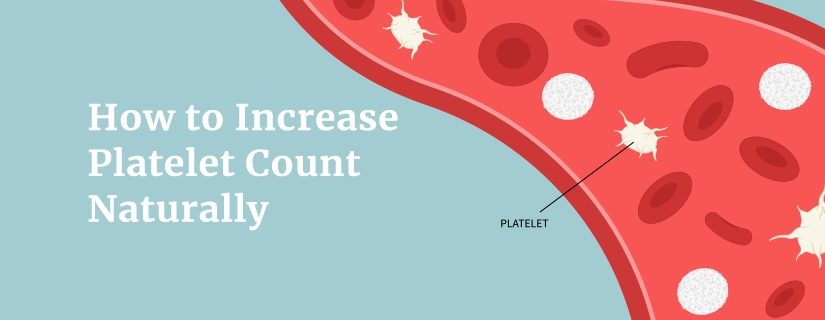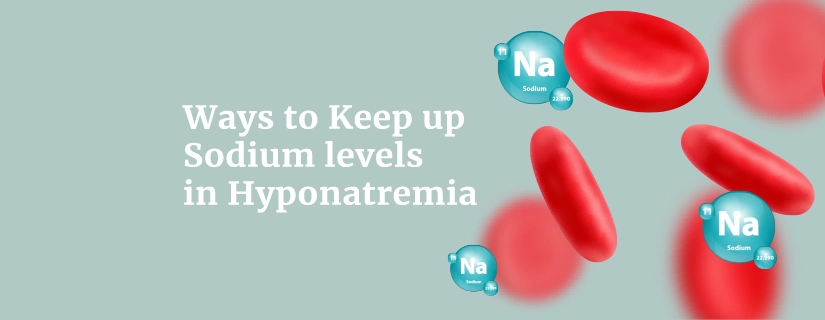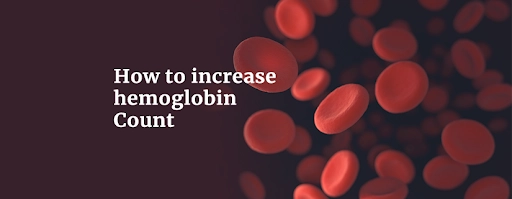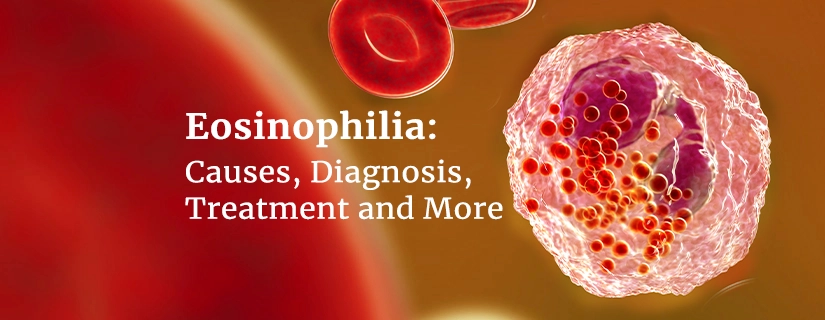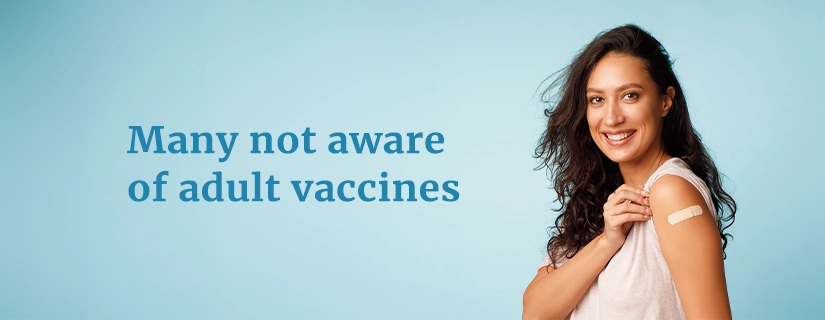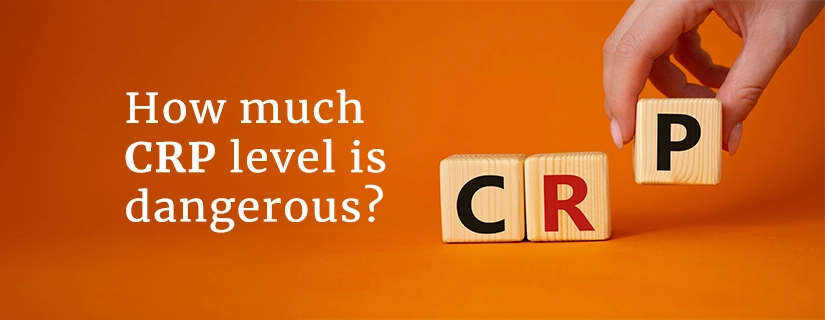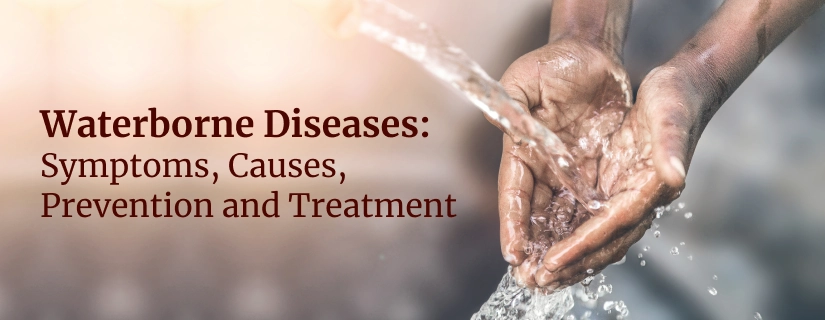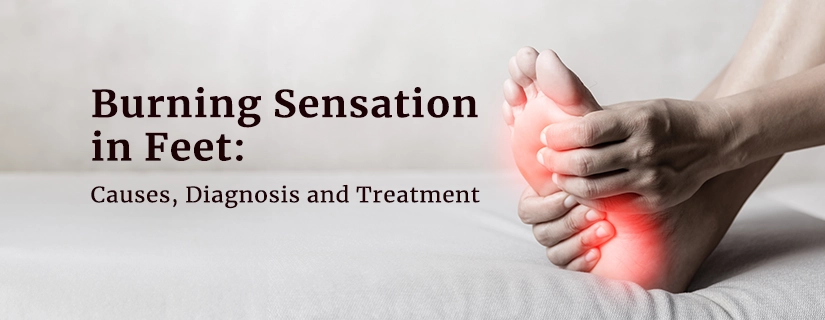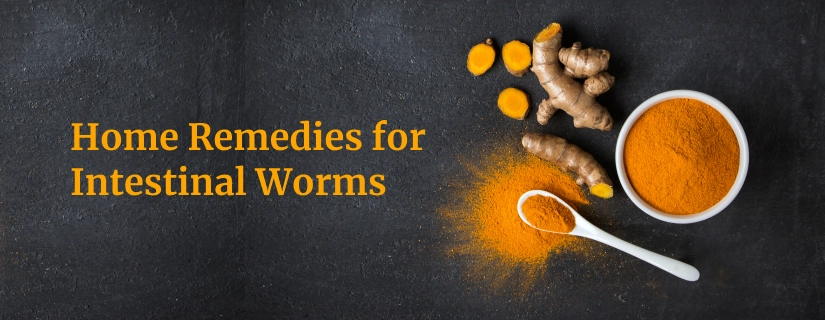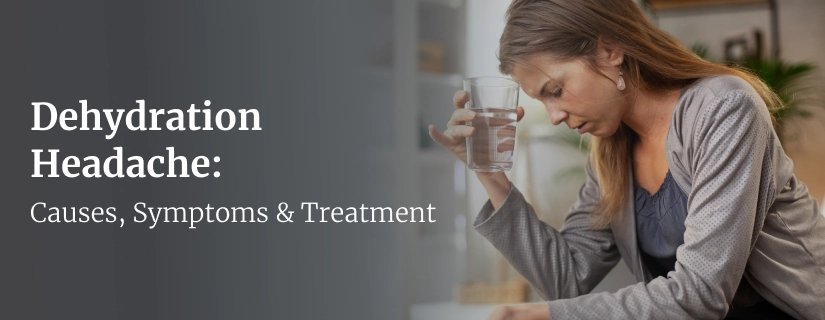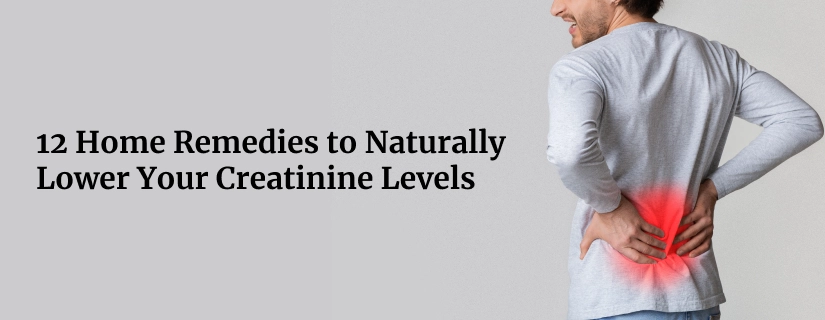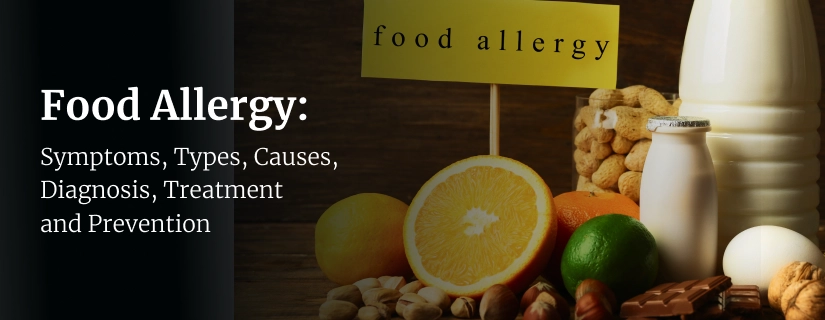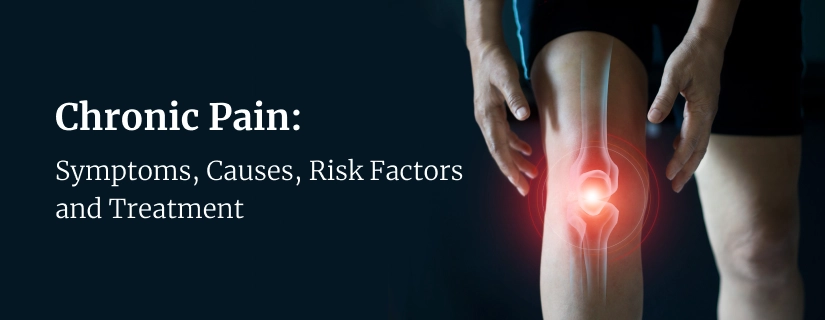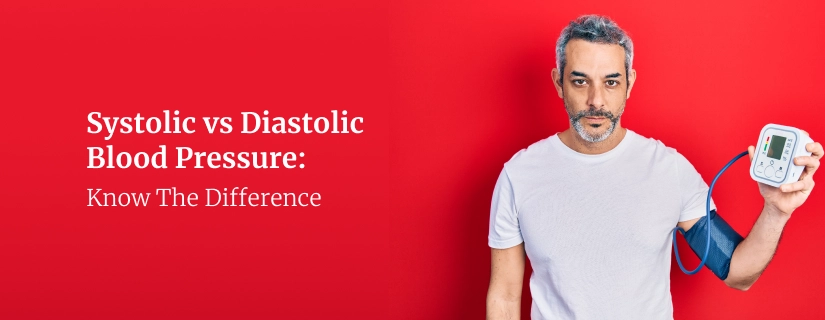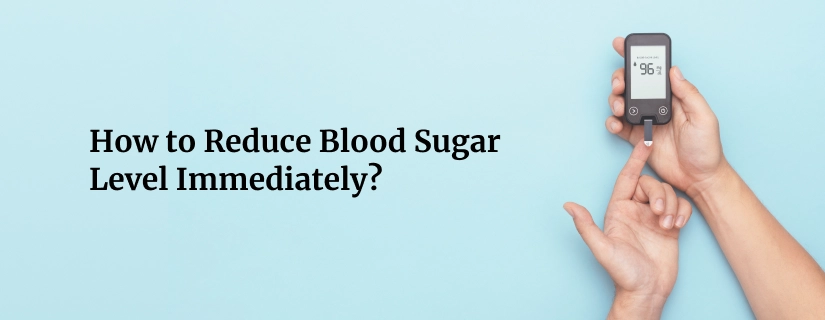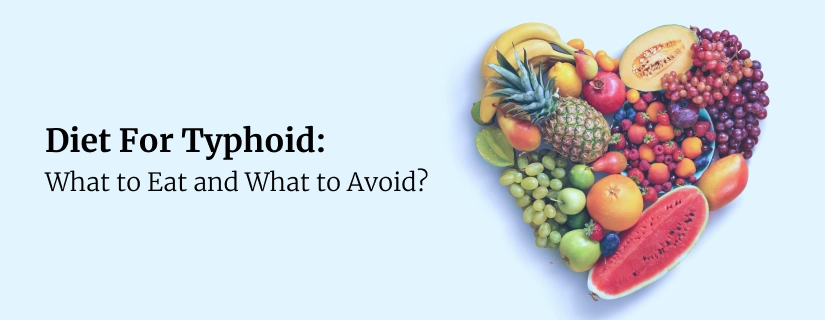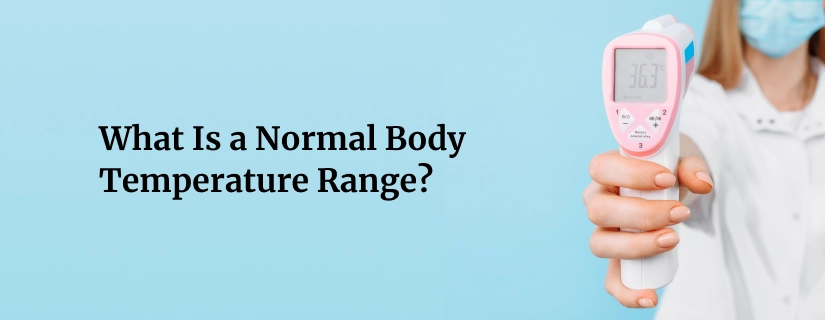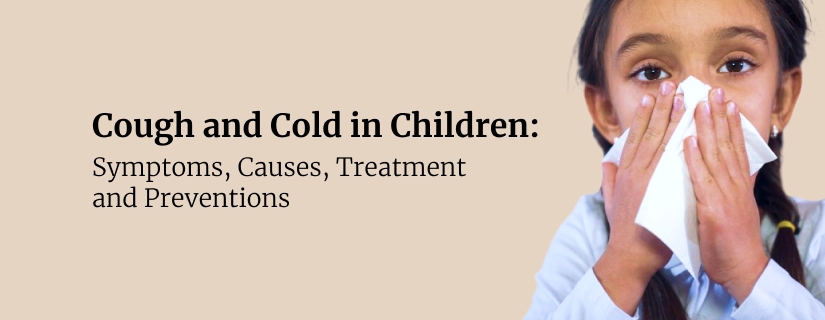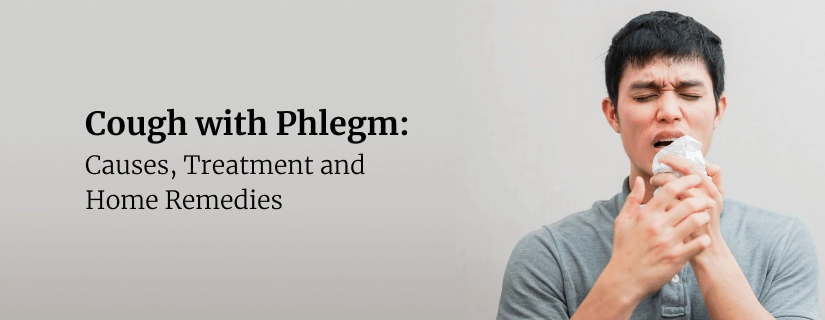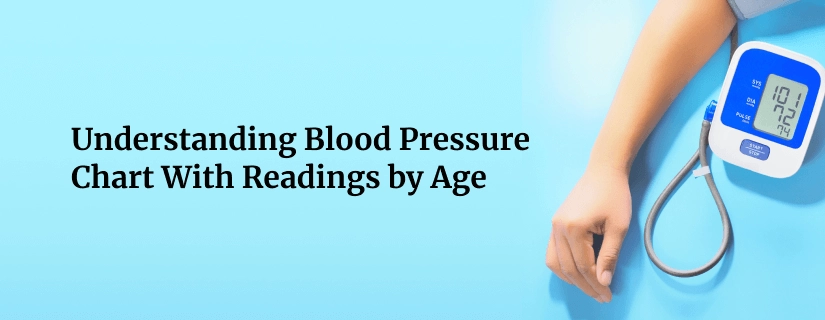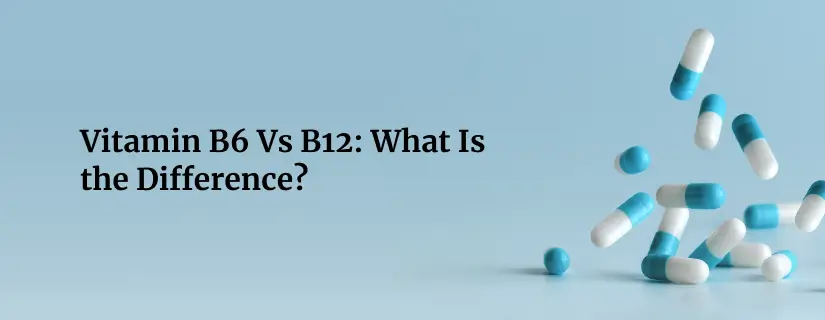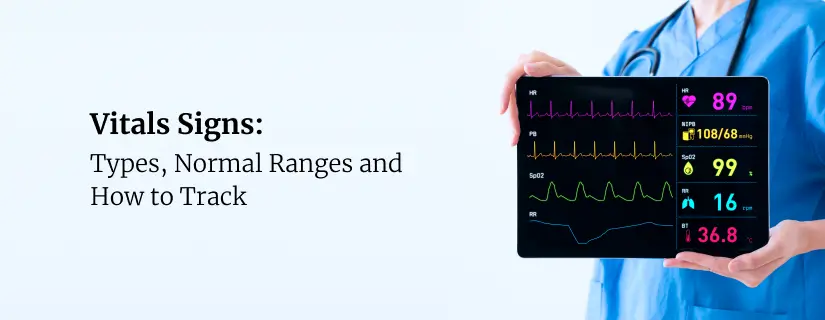-
Doctors
-
Specialities & Treatments
Centre of Excellence
Specialties
Treatments and Procedures
Hospitals & Directions HyderabadCARE Hospitals, Banjara Hills CARE Outpatient Centre, Banjara Hills CARE Hospitals, HITEC City CARE Hospitals, Nampally Gurunanak CARE Hospitals, Musheerabad CARE Hospitals Outpatient Centre, HITEC City CARE Hospitals, Malakpet
HyderabadCARE Hospitals, Banjara Hills CARE Outpatient Centre, Banjara Hills CARE Hospitals, HITEC City CARE Hospitals, Nampally Gurunanak CARE Hospitals, Musheerabad CARE Hospitals Outpatient Centre, HITEC City CARE Hospitals, Malakpet Raipur
Raipur
 Bhubaneswar
Bhubaneswar Visakhapatnam
Visakhapatnam
 Nagpur
Nagpur
 Indore
Indore
 Chh. Sambhajinagar
Chh. SambhajinagarClinics & Medical Centers
Book an AppointmentContact Us
Online Lab Reports
Book an Appointment
Consult Super-Specialist Doctors at CARE Hospitals
Thrombocytopenia: Causes, Symptoms, & Treatment
Updated on 21 October 2022
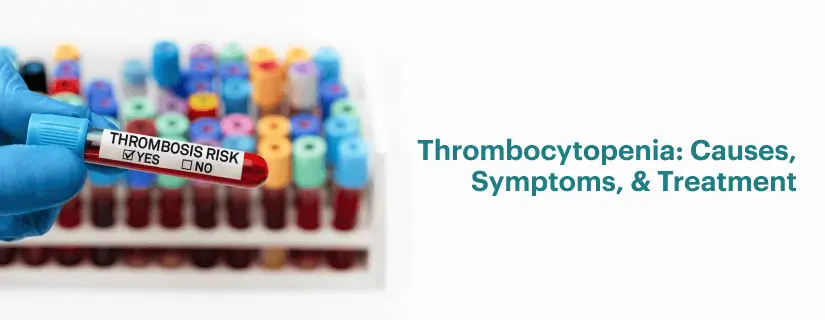
Platelets are colourless blood cells that help in the blood clotting process. When the platelet levels are low in the blood, the medical condition is known as Thrombocytopenia, and it is a very serious medical problem. Patients with this disorder don't have enough platelets to form a blood clot to stop the bleeding. If a person bruises, stopping the excessive bleeding can be really hard. However, this condition can be treated once the doctor knows the underlying cause. Thrombocytopenia can affect people of all ages, genders, and races.
Causes of Thrombocytopenia
In rare scenarios, this condition is inherited or genetic. But commonly, certain infections like Malaria, Dengi, sepsis, nutritional deficiency of folate, vitamin B12, and autoimmune disorders cause thrombocytopenia. Have a look at some of the probable Thrombocytopenia causes:
- Alcohol abuse
- Autoimmune diseases that cause ITP (Immune Thrombocytopenia)
- Bone marrow disorders like aplastic anaemia, leukaemia, myelodysplastic syndrome, etc.
- Cancer treatments such as chemotherapy, radiation therapy, etc.
- Excessive exposure to toxic chemicals like benzene, pesticides, and arsenic.
- Antibacterial, medications for seizures, heart problems, anticoagulants, etc.
- Contracting a virus like Hepatitis C, HIV, EBV, CMV, etc.
Symptoms of Thrombocytopenia
People with a low platelet count don't show many symptoms. Majorly the first sign is a cut or a nosebleed that won't stop bleeding. Other Thrombocytopenia symptoms might include the following,
- Bleeding gums
- Blood in stool
- Blood in vomiting
- Heavy menstrual flow
- Rectal bleeding
- Purple/Red/ Brown bruises on the skin
- Tiny Red or Purple dots lower part of the legs. They might resemble a rash.
If you are experiencing any of these symptoms, then it is best to consult a doctor.
How is Thrombocytopenia Treated?
If you have a low platelet count and it is not causing any issues, then you might not need any treatment. But if the bleeding is excessive or you are experiencing any other symptoms mentioned in the above section, then you might need urgent treatment. Here is the list of treatments a doctor can employ,
- Platelet Transfusion: This treatment is used to temporarily increase the platelet count in the blood. Platelets are transfused into the bloodstream if the count is extremely low.
- Splenectomy: In this, the spleen is removed. Enlarged spleens can be caused by many conditions. They prevent the blood cells from circulating in the bloodstream, thereby causing low platelet count. With this treatment, the spleen is removed, which increases the platelet count in the blood.
- Steroids: If the condition is autoimmune, patients are given steroids. They prevent the destruction of platelet in the blood. The dosage given is up to the doctor based on how worse the patient's condition is.
Precautions To Be Taken For Those Who Has Thrombocytopenia
Those who are having low platelet count should adhere to the following points,
- Avoid medicines without a doctor's advice which cause blood thinning and increase the risk of bleeding (Ibuprofen, Aspirin, etc.).
- Take care while playing sports that can cause severe injuries.
- Minimize contact with chemicals.
- Take care while shaving, brushing your teeth, and blowing your nose.
- Limit the intake of alcohol.
It is essential to talk to your doctor from the best hospital for treating thrombocytopenia in Raipur and discuss the possible treatment options. Based on your condition, the doctor might provide you with certain medications.

ENQUIRY FORM
SELECT CATEGORIES
-
Neurosciences (16)
-
Neurology (37)
-
Neurosurgery (14)
-
Orthopaedics (48)
-
Oncology (33)
-
Obstetrics and gynecology (52)
-
Pulmonology (23)
-
Urology (20)
-
Nephrology (13)
-
Psychiatry (7)
-
Dietetics and Nutrition (111)
-
General Medicine (63)
-
Cardiac Sciences (32)
-
Vascular & Endovascular Surgery and Interventional Radiology (15)
-
Gastroenterology (46)
-
Endocrinology (23)
-
Plastic Surgery (10)
-
Critical Care Medicine (5)
-
COVID-19 (16)
-
Dermatology (16)
-
Emergency Care (1)
-
Ophthalmology (4)
-
Pediatrics (14)
-
Laparoscopic and Bariatric Surgery (8)
-
ENT (15)
-
Kidney Transplant (1)
-
Liver Transplantation and Hepatobiliary Surgery (5)
-
General Surgery (3)
-
Internal Medicine (5)
-
Medicine Information
How to Prepare Oral Rehydration Solution (ORS) and It's Benefits
Causes & Natural Ways to Lower Blood Pressure
YOU MAY ALSO LIKE
RECENT BLOGS
-

Preterm Birth (Premature Birth): Symptoms, Causes, Treatment and Prevention
13 May 2025
Read More
-

Rotablation Angioplasty: Benefits, Treatments, And Recovery Time
9 May 2025
Read More
-

What Is The Difference Between IUI and IVF?
9 May 2025
Read More
-

Venous Malformations: Causes, Symptoms, and Treatment
30 April 2025
Read More
-

Varicose Vein Foam Sclerotherapy: Treatment, Benefits, and Procedure
30 April 2025
Read More
-

Radiofrequency (RF) Ablation Treatment for Varicose Veins: Know More
30 April 2025
Read More
-

Varicose Vein Sclerotherapy: Treatment, Benefits, and Procedure
30 April 2025
Read More
-

Varicose Vein Endovenous Laser Ablation: Procedure, Benefits, Risks
30 April 2025
Read More
Have a Question?
If you cannot find answers to your queries, please fill out the enquiry form or call the number below. We will contact you shortly.



